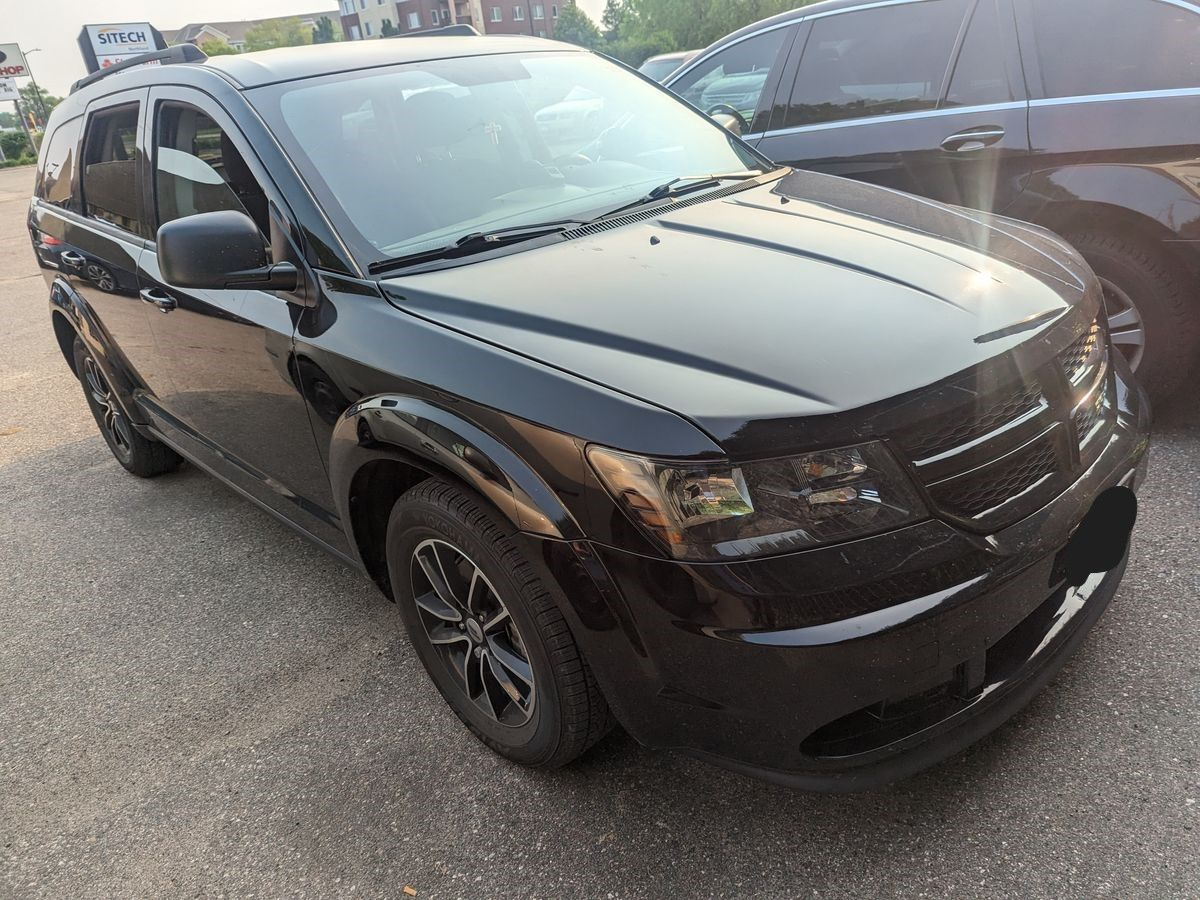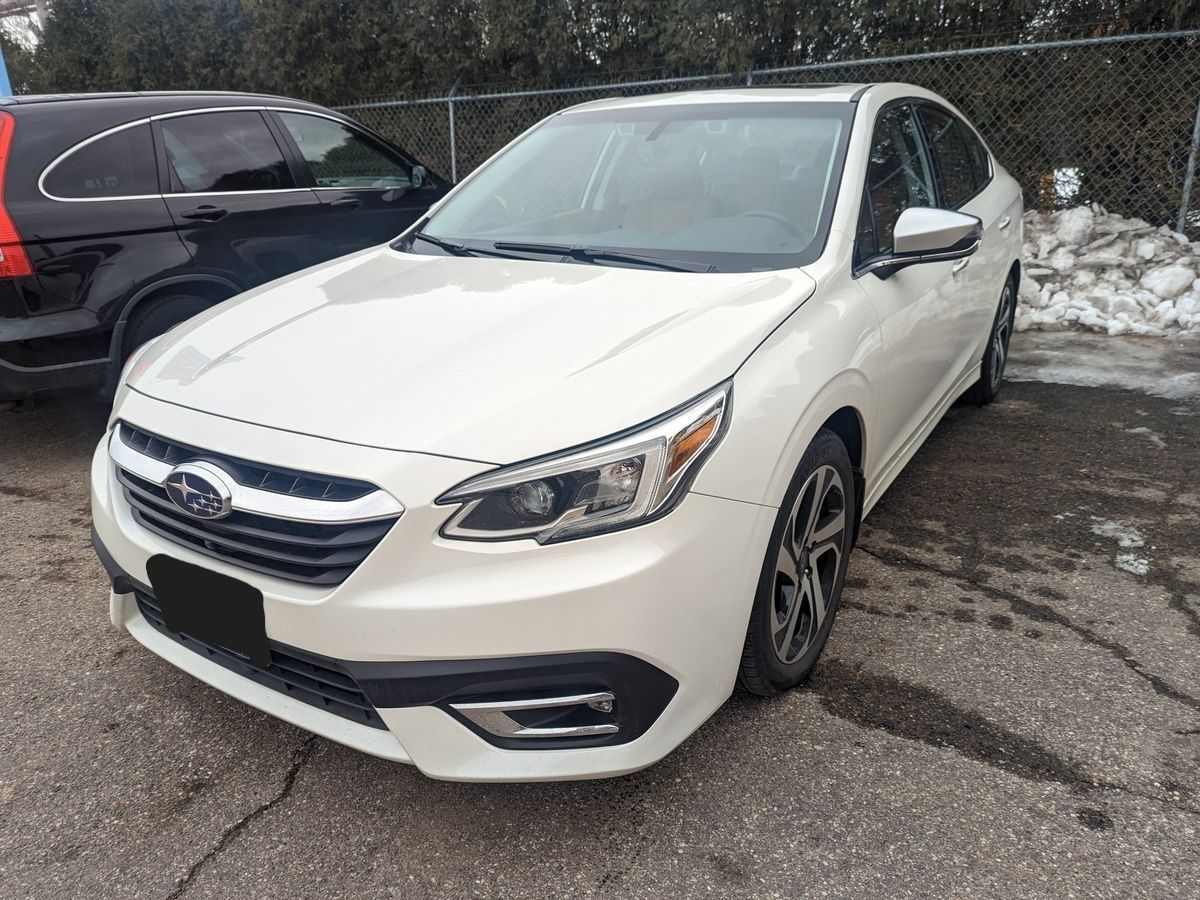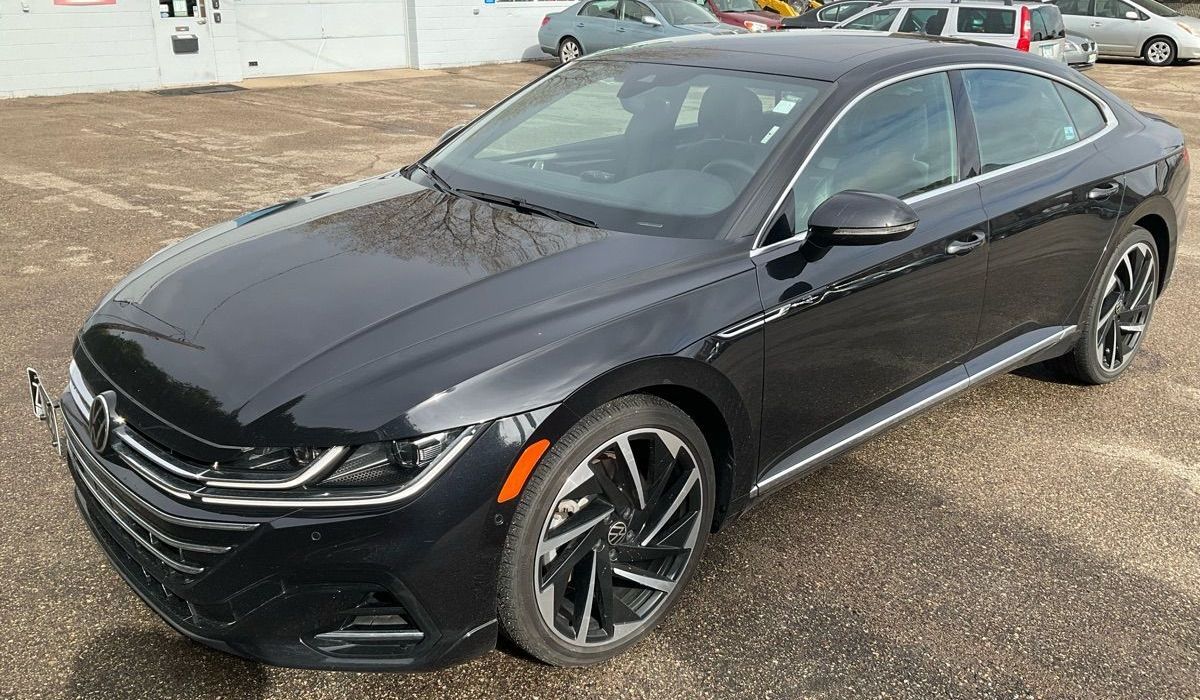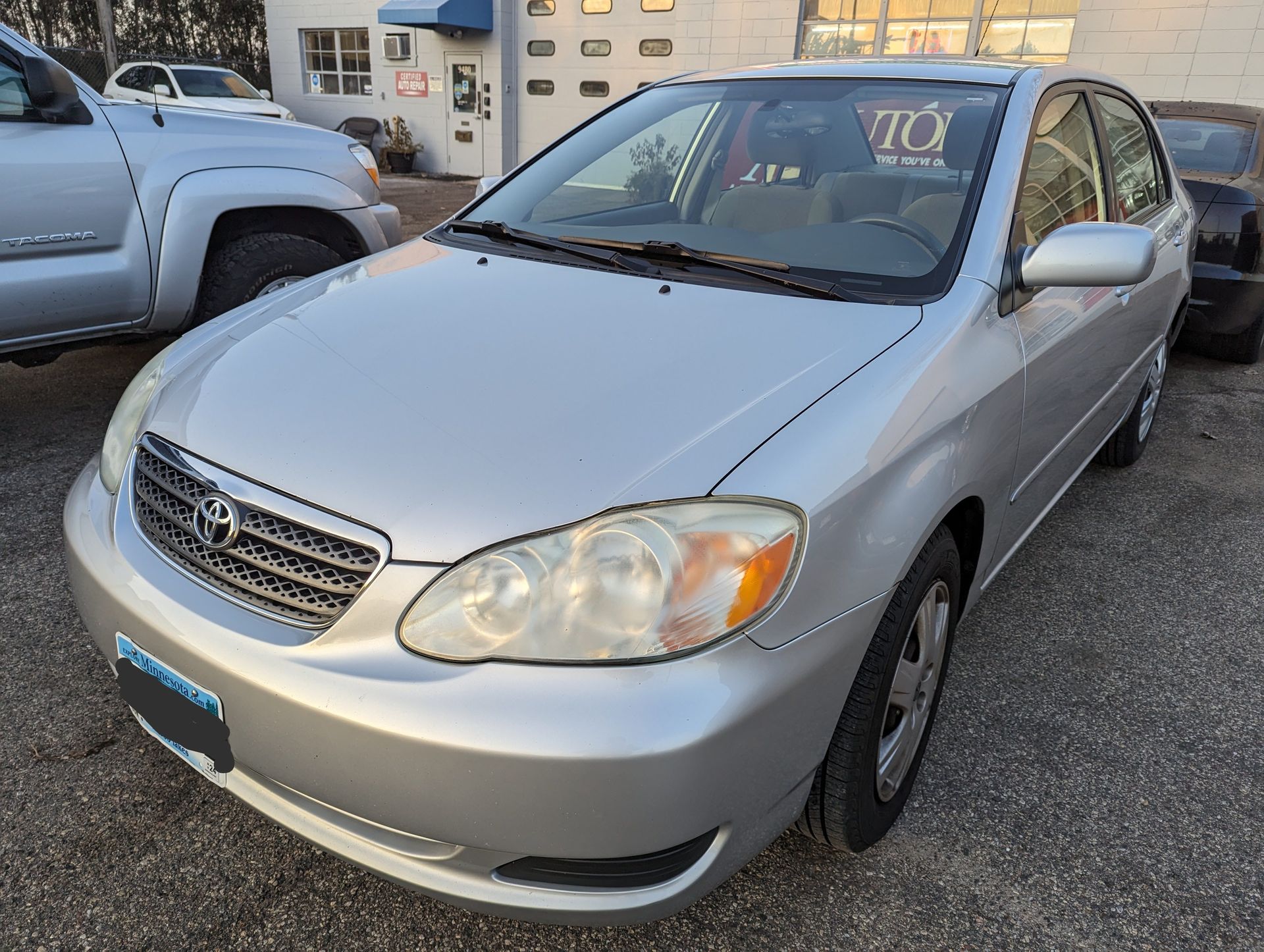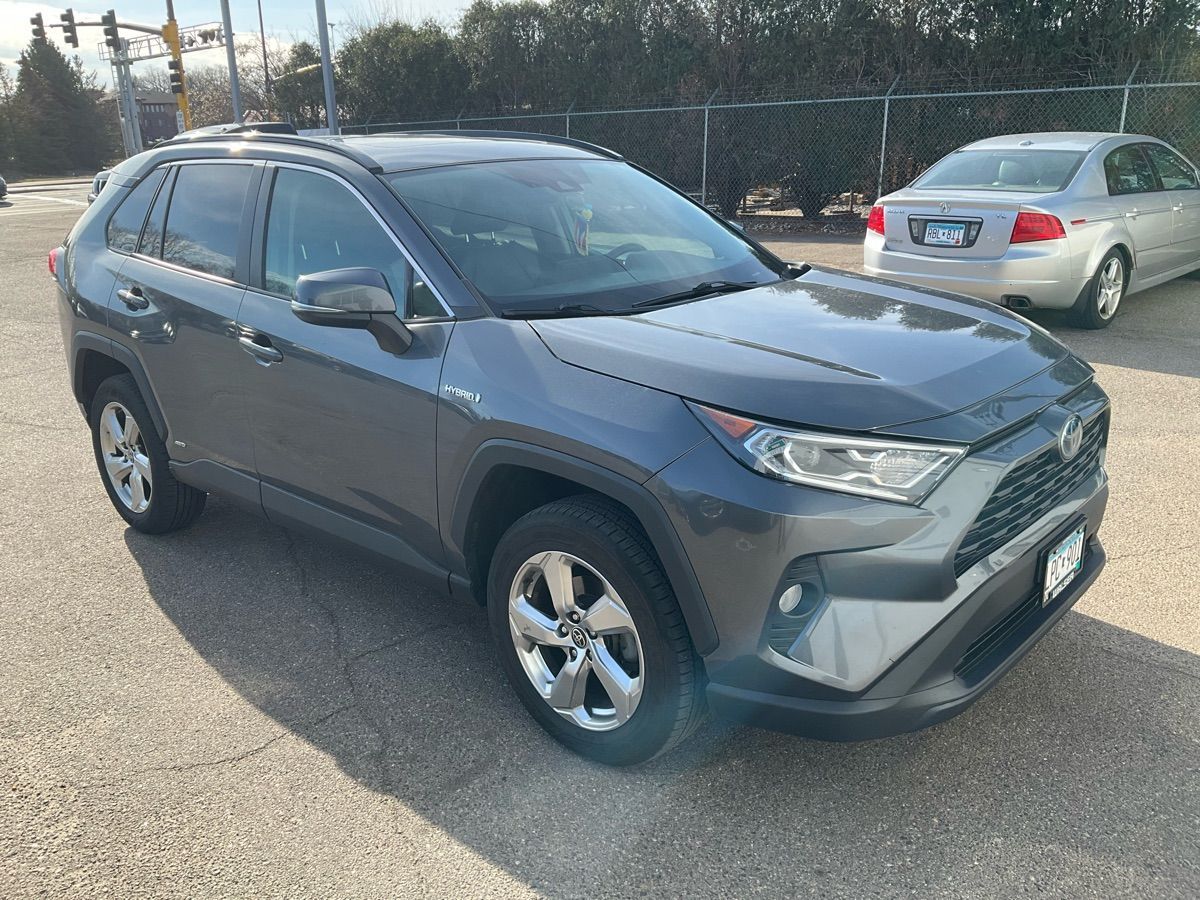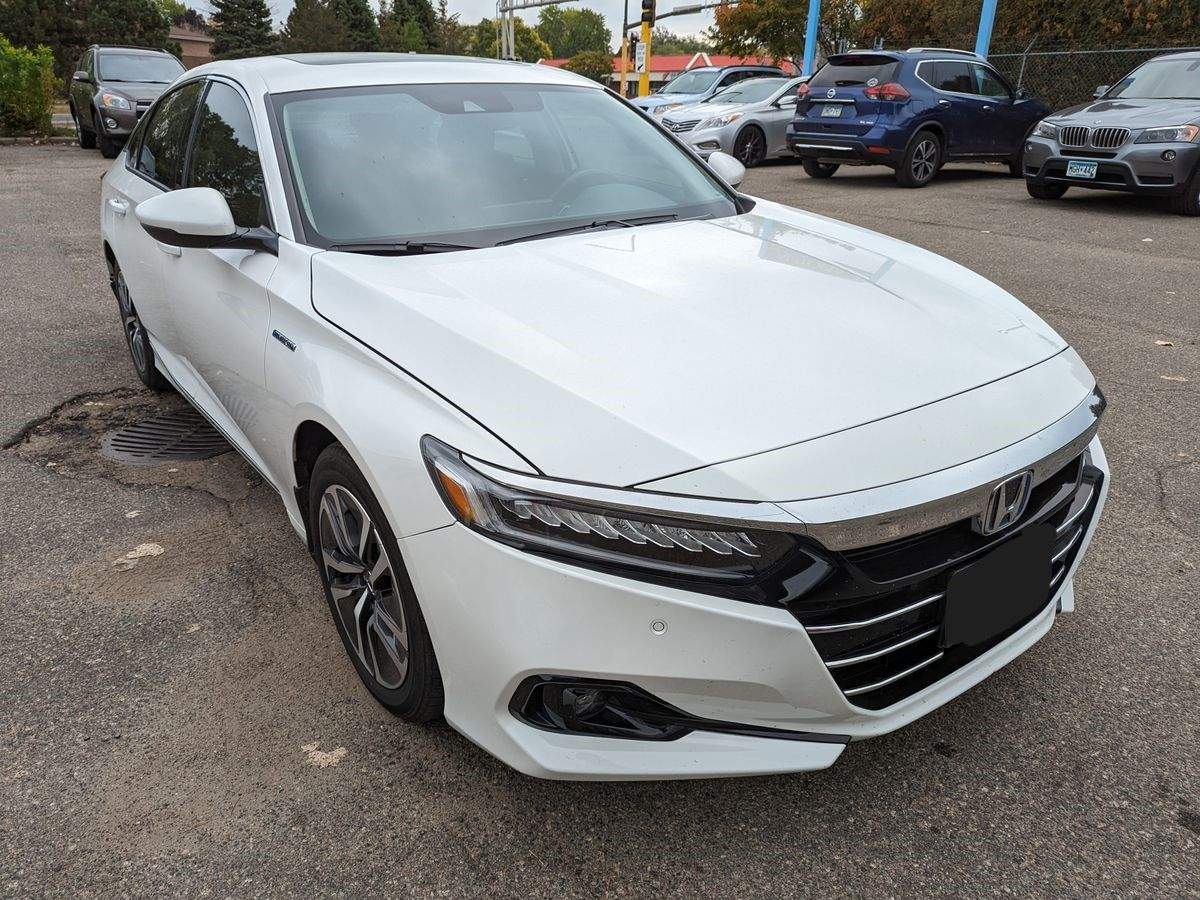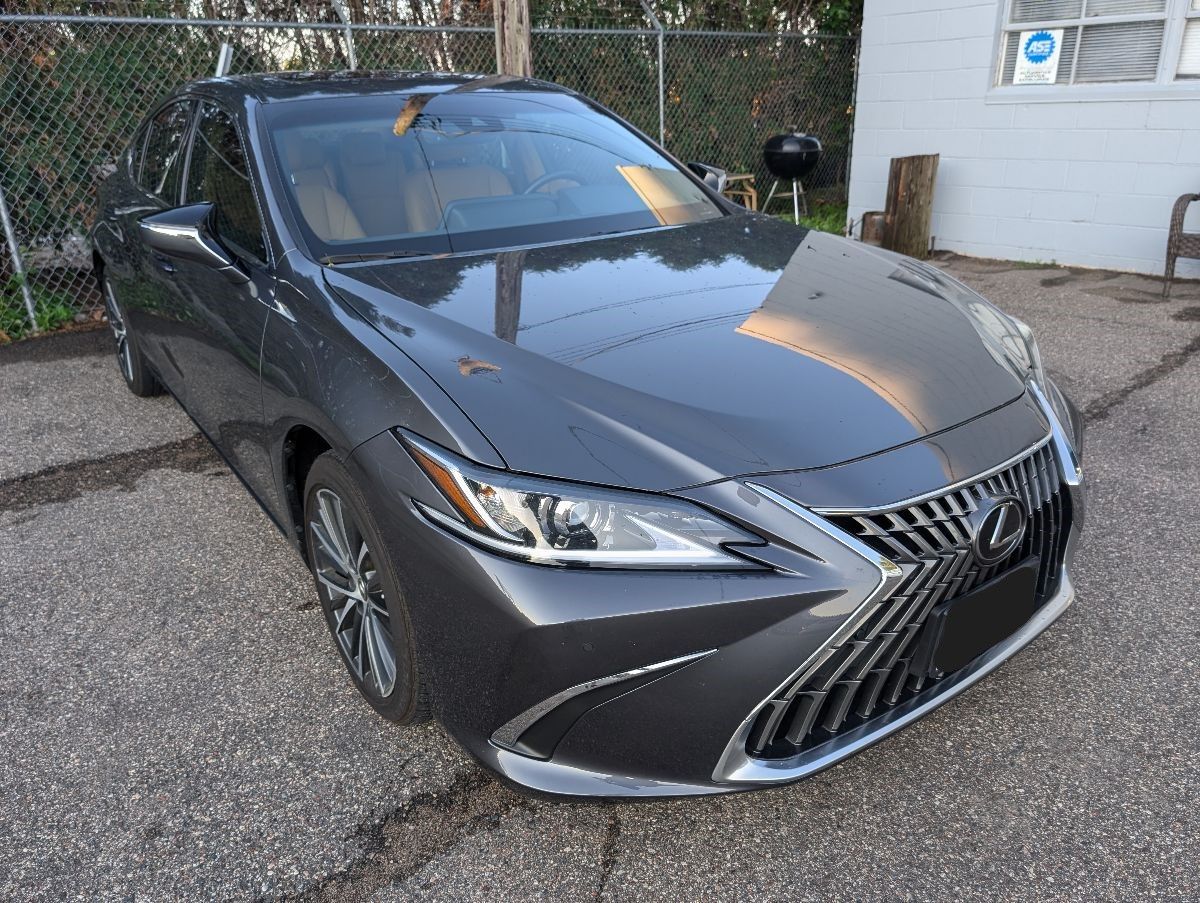Blog #131: Dodge Charger & Challenger: Why Cooling System Care Is Critical
Blog #131: Dodge Charger & Challenger: Why Cooling System Care Is Critical
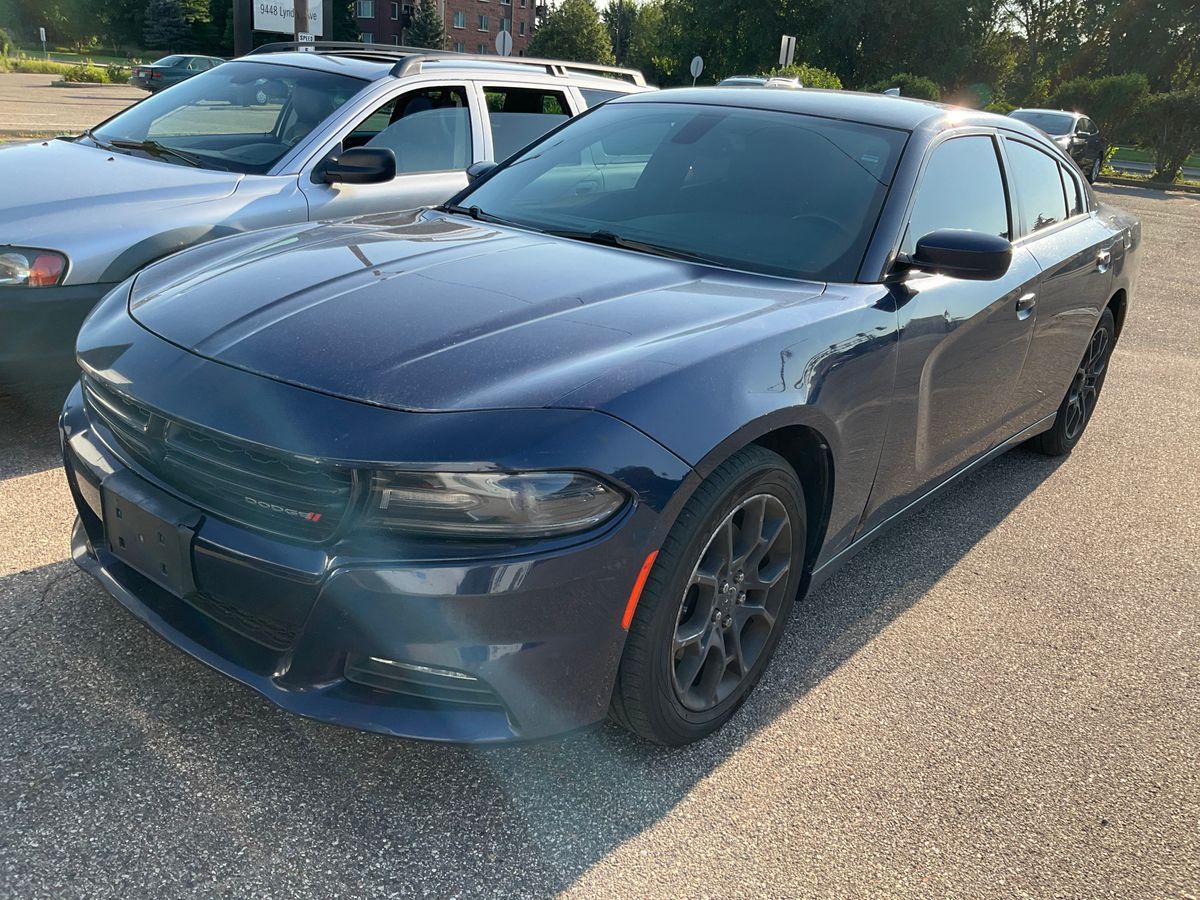
If you own a
Dodge Charger or Challenger, you already know these muscle cars are built for power, speed, and performance. But beneath the roar of the engine and the thrill of acceleration lies a system that many drivers overlook—the cooling system. At
Autopia Bloomington, we’ve seen firsthand how cooling system neglect can lead to overheating, expensive repairs, and shortened engine life.
Keeping your cooling system in top shape is one of the smartest ways to protect your Dodge and ensure it performs at its peak for years to come. Let’s dive into why cooling system care is so critical for Chargers and Challengers, the warning signs of trouble, and how preventive maintenance can save you money.
Why the Cooling System Matters for Dodge Performance
The Charger and Challenger are high-performance vehicles, often equipped with large V6 and V8 engines. These engines generate an enormous amount of heat—especially when pushed hard on highways or during spirited drives.
The cooling system regulates engine temperature by circulating coolant through the engine and radiator. When this system isn’t functioning properly, heat builds up quickly, leading to issues like:
- Overheating during normal driving
- Warped engine components
- Head gasket failures
- Permanent engine damage
Simply put, without a healthy cooling system, the very performance that makes your Dodge special is at risk.
Common Cooling System Problems in Dodge Charger & Challenger Models
Even well-built systems can develop issues over time. Here are some of the most common problems we see with Dodge cooling systems at Autopia Bloomington:
- Coolant Leaks – Hoses, gaskets, or the radiator can develop leaks that drain coolant and reduce efficiency.
- Radiator Failure – Blockages or corrosion can reduce cooling power, causing your car to overheat.
- Water Pump Wear – A failing water pump can’t circulate coolant properly, leading to engine overheating.
- Thermostat Issues – If the thermostat sticks closed, coolant can’t flow through the engine, causing dangerous temperature spikes.
- Old Coolant – Over time, coolant breaks down, becoming acidic and losing its protective qualities, which can corrode metal parts.
Warning Signs Your Cooling System Needs Attention
Your Charger or Challenger may not always flash a warning light when something’s wrong. Pay attention to these telltale signs:
- Rising temperature gauge, especially in traffic or on hot days
- Steam coming from under the hood
- Sweet smell of coolant around the vehicle
- Visible coolant puddles in your driveway
- Heater not blowing hot air in winter (a sign of coolant flow problems)
- Frequent need to top off coolant
If you notice any of these, it’s best to schedule an inspection right away before a small issue becomes a costly engine repair.
Preventive Cooling System Maintenance for Dodge Owners
At Autopia Bloomington, we recommend a proactive approach to cooling system care. Here are key steps every Dodge Charger and Challenger owner should follow:
- Coolant Flush & Replacement – Replace coolant every 30,000–60,000 miles depending on your driving habits and coolant type.
- Hose & Belt Checks – Inspect hoses and drive belts for cracks, bulges, or wear.
- Radiator Inspections – Look for corrosion, leaks, or clogs that limit cooling performance.
- Water Pump Check – Replace water pumps at recommended intervals or when signs of wear appear.
- Thermostat Testing – Ensure the thermostat opens and closes at the correct temperatures.
- Pressure Testing – Identify hidden leaks and weaknesses in the system before they cause problems.
By staying ahead of issues, you’ll extend the life of your engine and avoid the stress of unexpected breakdowns.
The Autopia Bloomington Advantage
At
Autopia Bloomington, we specialize in keeping performance cars like the Dodge Charger and Challenger running strong. Our technicians understand the unique demands of high-performance cooling systems and use professional-grade equipment to test, flush, and repair every component.
When you service your cooling system with us, you’ll get:
- Expert inspections tailored to Dodge performance engines
- Factory-spec fluids and replacement parts
- Honest advice about what needs attention now versus later
- Fast, reliable service without the high dealer cost
Your Charger or Challenger deserves more than a quick check—it deserves comprehensive care from a shop that values performance as much as you do.
FAQs: Dodge Charger & Challenger Cooling System Care
Q: How often should I replace my coolant?
A: Most Dodge models need a coolant flush every 30,000–60,000 miles. Check your owner’s manual, but regular inspections can help catch issues sooner.
Q: Can I drive my Dodge if it’s overheating?
A: No. Driving an overheating vehicle can warp engine parts and cause permanent damage. Pull over immediately and call for assistance.
Q: What happens if I ignore a small coolant leak?
A: Even minor leaks can cause coolant levels to drop over time, leading to overheating and major engine repairs. Small leaks should be addressed quickly.
Q: Will cooling system maintenance improve performance?
A: Absolutely. A properly functioning cooling system ensures your engine runs at the ideal temperature for efficiency, power, and longevity.
Q: Can Autopia Bloomington handle both routine service and major repairs?
A: Yes. From routine coolant flushes to full radiator replacements, our technicians are equipped to handle all levels of cooling system service.
Keep Your Dodge Performing Like New
Your Dodge Charger or Challenger isn’t just a car—it’s a statement of power and performance. Don’t let an overlooked cooling system cut its life short.
At
Autopia Bloomington, we provide the expertise and care you need to keep your Dodge running strong, mile after mile. Whether it’s a routine inspection or a full system overhaul, we’ll make sure your car stays cool under pressure.
Schedule your next cooling system service with Autopia Bloomington today and protect the heart of your Dodge’s performance.


